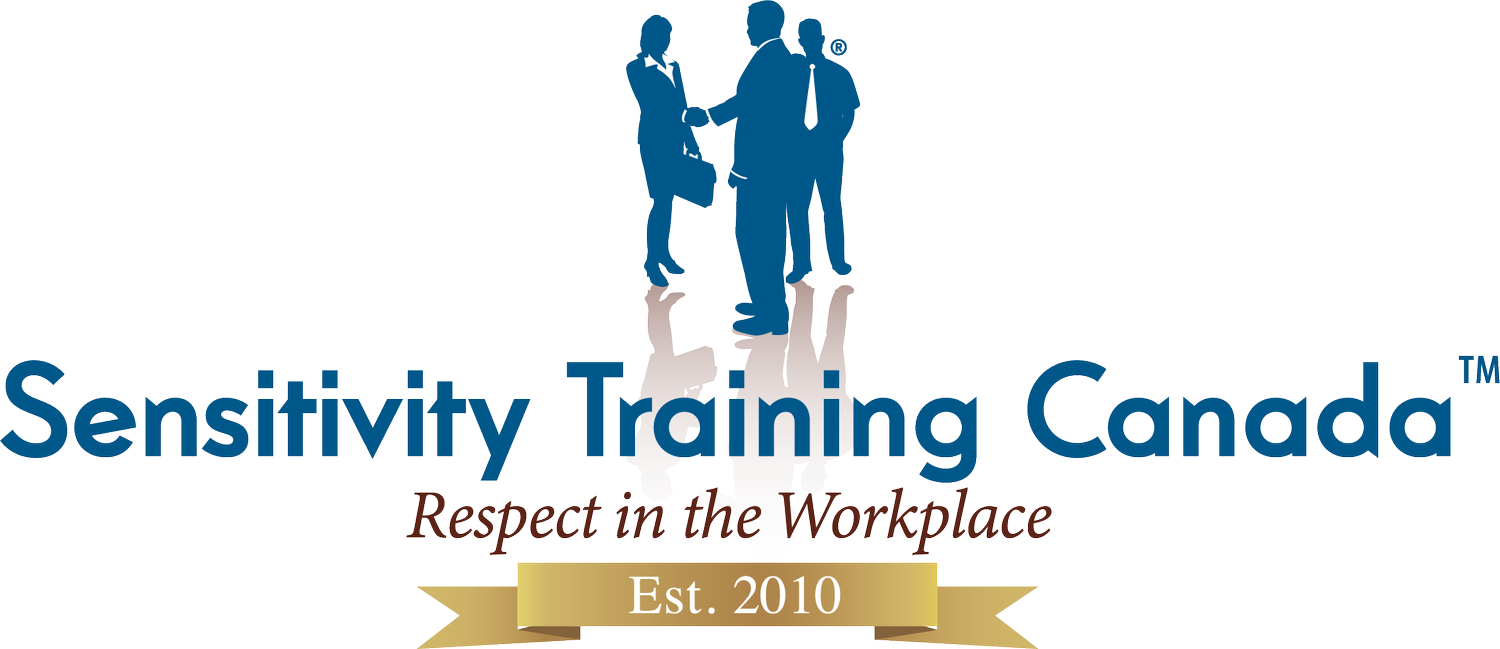Mastering Effective Interpersonal Interactions at Work
Interpersonal interactions are the building blocks of a successful and harmonious workplace. Effective interpersonal communication fosters a collaborative environment and can significantly impact productivity and employee satisfaction. Here’s a comprehensive guide to enhancing interpersonal interactions in any professional setting.
1. Understand the Fundamentals of Communication
The foundation of effective interpersonal interactions is robust communication skills. This includes both verbal and non-verbal communication such as body language, tone of voice, and facial expressions. Being aware of these elements can help convey messages more clearly and understand others better.
2. Develop Active Listening Skills
Active listening is crucial for effective interpersonal interactions. It involves fully concentrating on the speaker, understanding their message, responding thoughtfully, and remembering the conversation. Active listening can prevent misunderstandings and shows respect for colleagues' opinions and ideas. Our Effective Communication Skills Workshop is designed, in part, to strengthen listening skills because listening is a critical component of interpersonal communication.
3. Cultivate Empathy
Empathy is the ability to understand and share the feelings of another person. In the workplace, this means putting yourself in your colleagues' shoes to understand their perspectives and emotions. Empathetic interactions can lead to more effective teamwork and conflict resolution.
4. Maintain Professionalism
Professionalism in interactions involves treating others with respect, behaving ethically, and maintaining a level of formality in communications. This includes being mindful of boundaries and avoiding inappropriate topics or language that could be viewed as unprofessional or offensive.
5. Manage Conflicts Constructively
Conflict is inevitable in any workplace. Handling conflicts constructively involves addressing issues directly and calmly, using a problem-solving approach that focuses on finding a solution beneficial to all parties involved. Avoiding personal attacks and staying solution-focused are key strategies. Sensitivity Training Canada extensively covers conflict management in the Respect in the Workplace Sensitivity Training Workshop.
6. Express Appreciation
Recognizing and appreciating the efforts and achievements of others can enhance interpersonal relations. Regular, genuine expressions of gratitude contribute to a positive work atmosphere and can boost morale and motivation.
7. Encourage Collaboration and Teamwork
Promoting an environment that values collaboration can improve interpersonal interactions. When employees work together towards a common goal, it encourages them to communicate more effectively, share ideas, and support each other’s professional growth.
8. Offer and Accept Feedback Gracefully
Feedback is an essential aspect of professional development. Offering constructive feedback helps colleagues improve their performance and shows that you are invested in their success. Similarly, accepting feedback graciously demonstrates openness and commitment to personal growth.
9. Practice Inclusivity
Creating an inclusive work environment where every voice is heard and valued is crucial for effective interpersonal interactions. This involves being mindful of diversity in the workplace and striving to understand various cultural norms and communication styles.
10. Hone Your Problem-Solving Skills
Effective interpersonal interactions often require quick thinking and problem-solving abilities. Being able to identify problems, think critically, and propose solutions can help you interact more effectively with colleagues, especially in high-stress situations.
11. Continually Improve
Lastly, consider interpersonal skills a continuous learning area. Regular training, reading, and practice can help you refine these skills over time. Engage in workshops, seminars, and other training opportunities focused on interpersonal communication.
Effective interpersonal interactions are not just about talking; they're about connecting with your colleagues in meaningful ways that foster mutual respect, understanding, and collaboration. By focusing on these strategies, you can create a more engaging, productive, and positive workplace. Prioritizing these interactions not only benefits professional relationships but also contributes to the overall success of the organization.
The Sensitivity Training Canada Team

